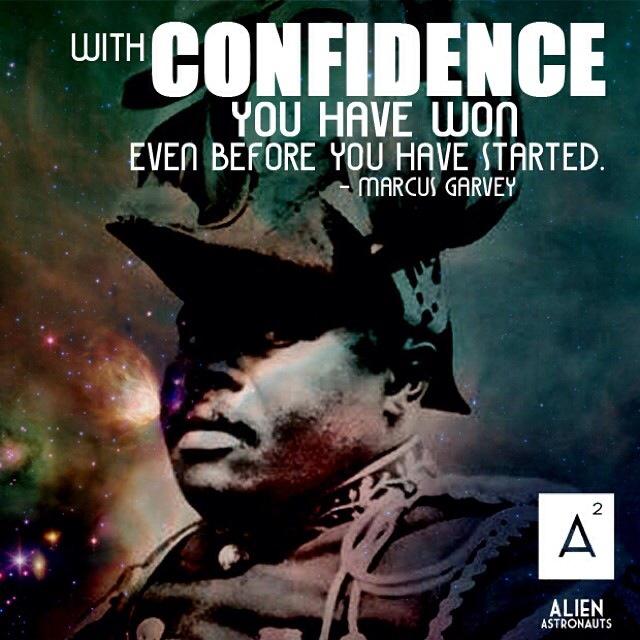
My primary reasons for fighting this nearly four year case was never about money — it’s always been about the principle. I honestly believed while working at William Morris that I was a victim of pre and post-hiring individual disparate treatment based on my race, color and/or perceived national origin. The truth, and the law, have overwhelmingly been on my side, so I knew that I could never “lose” this case unless the truth was being ignored and the law was being subverted by the “impartial” finder of fact. I take pride in doing something no one has ever done before or had the courage to do: put this racist Hollywood institution’s 116 year pattern and continuing practice of racial discrimination against African Americans on blast to the entire world. That’s why for me, I had already “won” by writing a well written and extremely detailed Complaint and submitting it to Southern District of New York without being represented by an attorney. To do that not only required confidence in myself, but an unwavering belief and faith that God would and will ultimately see me through to victory.
As of right now, there doesn’t seem to be an end in sight due to the overwhelming amount of fraud that has occurred, but I will not stop fighting until William Morris, their counsel (e.g. Michael P. Zweig and Christian Carbone of Loeb & Loeb LLP) and other co-conspirators (e.g. Dentons LLP, the American Arbitration Association, Timothy K. Lewis, etc.) acknowledge their wrongs, apologize and are fully held accountable for their egregious crimes against humanity in a court of law.
